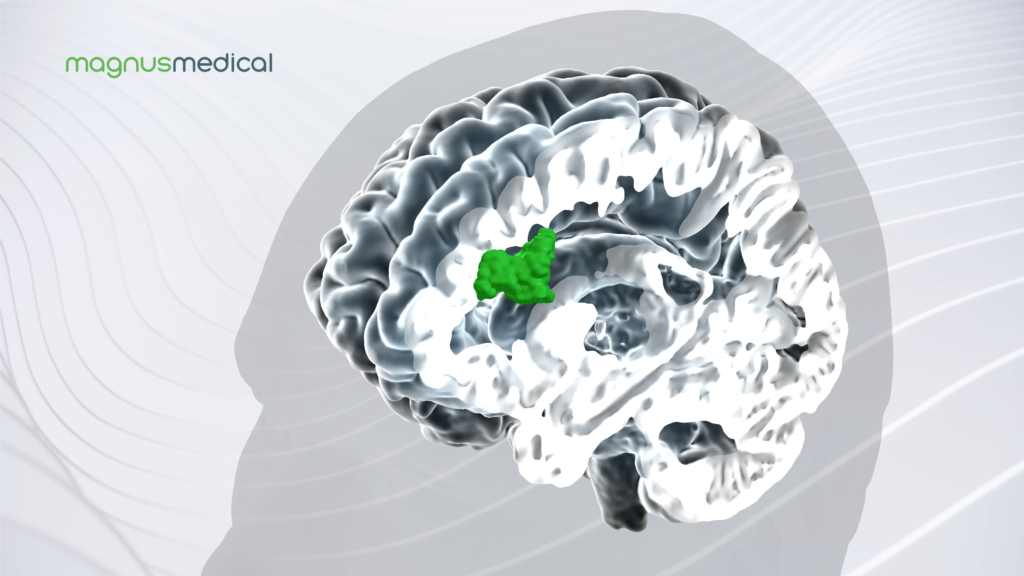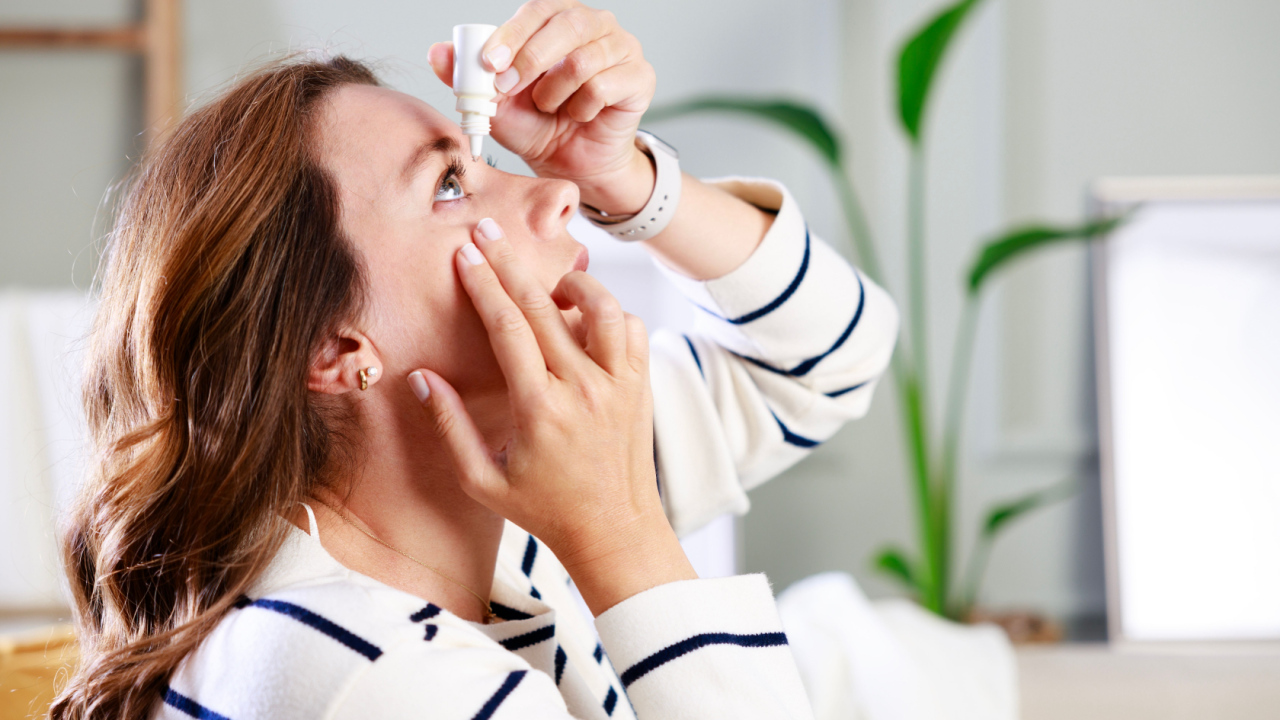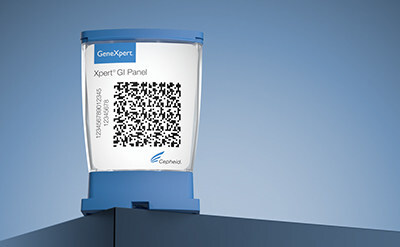This week, Magnus Medical’s SAINT Neuromodulation System received 510(k) clearance from the US Food and Drug Administration (FDA) for the treatment of major depressive disorder (MDD) in adults who did not have satisfactory improvement from past antidepressant medications in their current episode. The California-based medical device company develops brain stimulation technology to treat neuropsychiatric disorders.
The FDA granted Breakthrough Device Designation to Magnus Medical for the SAINT technology back in November 2021.
Magnus Medical received exclusive licensing rights to commercialize the SAINT (Stanford Accelerated Intelligent Neuromodulation Therapy) technology from Stanford University.
The SAINT Neuromodulation System has a proprietary algorithm that uses structural and functional magnetic resonance imaging (MRI) data to identify the ideal anatomical target for focused neurostimulation in adults with MDD.
The combination of advanced imaging by MRI, tailored targeting and new stimulation patterns gives adults with treatment-resistance depression a novel personalized neurostimulation method.
“We are now at the forefront of an enormous improvement in the care of treatment-resistant depression, thanks to the work of the Magnus team and all those whose efforts have led to the SAINT technology. Today’s FDA’s clearance for the SAINT Neuromodulation System is a major milestone in our long-term journey to restore and sustain mental health,” said Brett Wingeier, PhD, co-founder and CEO of Magnus, in the company’s press release.
The SAINT Neuromodulation Trial
The results of the double-blinded randomized controlled trial (RCT) that assessed the SAINT technology for treating depression were published in October 2021 in the American Journal of Psychiatry.
The RCT trail showed that 79 percent of individuals in the active treatment arm entered depression remission compared to 13 percent in the sham treatment arm.
“The treatment effects observed with SAINT treatment in the double blinded RCT that was published in the American Journal of Psychiatry were dramatic, rapid and frequently sustained through the study follow-up period. The technology could result in a fundamental change in the treatment approach to patients with refractory MDD and has the potential to reduce both the morbidity and mortality associated with the disorder,” said Alan F. Schatzberg, MD, the Kenneth T. Norris, junior professor of Psychiatry and Behavioral Sciences at Stanford University in the press release.
“This clearance expands the way we can use TMS [transcranial magnetic stimulation] to treat depression. The older approaches often took six weeks for depression to respond, while this approach observed remission from depression in just five days,” said Mark S. George, MD, distinguished professor of Psychiatry, Radiology and Neuroscience, and director of the Brain Stimulation Division, Psychiatry at the Medical University of South Carolina, in Magnus Medical’s press release.
Dr. George explained that because the new SAINT technology could result in remission from depression in as little as five days, there are possibilities to use it for hospitalized patients and for patients who arrive in the emergency room.
Magnus’ CEO Wingeier said the commercial launch of SAINT is expected to start later in 2023 based on a waitlist as there is high interest from teaching institutions, clinics, hospitals, medical professionals and clinicians.
SAINT is not the only neurostimulation system for depression to be recently cleared by the FDA. In August, BrainsWay’s Deep TMS System received FDA clearance for decreasing anxiety symptoms in patients with depression.
The neurostimulation devices market is expected to grow at a compound annual growth rate (CAGR) of 13 percent to reach $14 billion by 2030.












Join or login to leave a comment
JOIN LOGIN